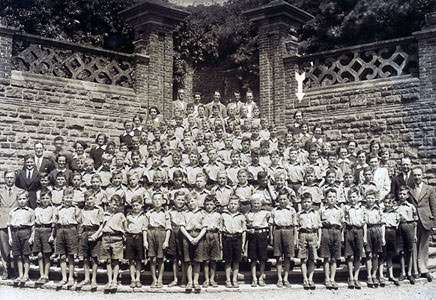Jesse Walker on Generational Generalizations Gone Wrong


When some parents of the 1980s and '90s started sending their kids to schools where uniforms were required, who could have imagined the social consequences? Those dress codes became a core part of that rising generation's identity—"a defining symbol of a much larger effort to clean up child behavior," as one history of the trend recalls—setting the stage for the "compulsory uniformed service" that those same kids joined en masse after they left college. Even outside the service corps, young people took to wearing "'general issue' clothing reminiscent of the G.I.s." With time the generation's conformist style came to represent a "collective grandeur," leading historians to see the millennials' school and soccer uniforms "as harbingers of monumental deeds that came later."
What's that? You say you don't remember any of that happening? Strange: Jesse Walker points out that it was predicted in detail in Millennials Rising, a book published in the year 2000 by the court astrologers of the social sciences, William Strauss and Neil Howe. At that point, Strauss and Howe had spent nine years flogging a generation-based theory of social change that had just enough believability to hook an audience and just enough hubris to spin such wild speculations.


Show Comments (0)